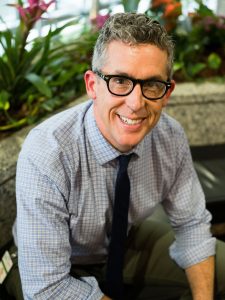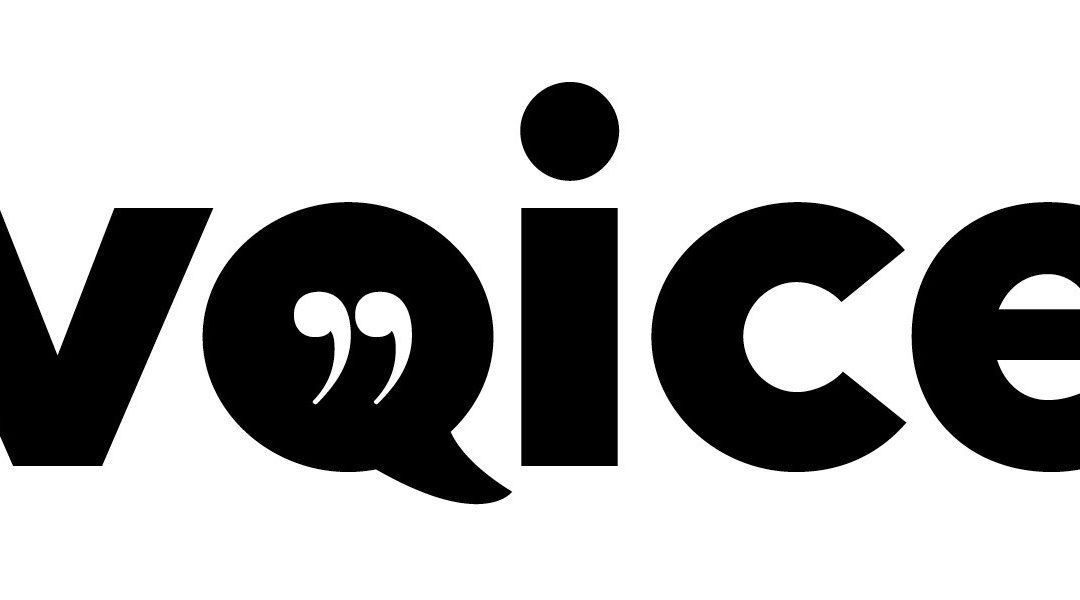 To find ways forward we must make space for quality conversation and healthy debate. Even though I’ve spent over 25 years in public policy, I’m still amazed that policymakers routinely fail to involve citizen stakeholders in the decision-making process. When making decisions about financing for a program like Metro Mobility, for instance, there’s often a failure to involve the very people who rely on the service (see “How to Mobilize”). Or when involved in discussions about how to address the increased number of workers who aren’t saving enough for their senior years, we don’t go to the source—the workers and seniors themselves—and ask about their financial choices and needs.
To find ways forward we must make space for quality conversation and healthy debate. Even though I’ve spent over 25 years in public policy, I’m still amazed that policymakers routinely fail to involve citizen stakeholders in the decision-making process. When making decisions about financing for a program like Metro Mobility, for instance, there’s often a failure to involve the very people who rely on the service (see “How to Mobilize”). Or when involved in discussions about how to address the increased number of workers who aren’t saving enough for their senior years, we don’t go to the source—the workers and seniors themselves—and ask about their financial choices and needs.
Maybe we professionals have an “expert bias.” Maybe we’re worried that inviting in new people could challenge our authority or position. Maybe we’re just afraid to be wrong. Whatever the reason, the approach isn’t working.
We chose to call the Citizens League’s new magazine Voice because, in surveying our achievements over the years, it’s clear that there’s one strategy that’s most responsible for our success: We routinely assemble people with a diversity of experiences and circumstances to discuss issues that matter most to Minnesota’s future. This process—where people are genuinely heard and feel valued— helps define problems more accurately and, more often than not, results in unexpected, innovative solutions.
As I routinely tell students when I talk about public policy, this approach should be the norm, not the exception. This is especially true given the deeply polarized state of our society. And no, I’m not romanticizing the past.
According to the Pew Research Center, not only is polarization at a multigenerational peak; it extends beyond politics to impact how we socialize and even shop. One-third of Democrats and one-half of Republicans would be “upset” if their child married someone from the other party. Social media and networks like Fox and MSNBC too often encourage us to listen only to people we agree with, and more and more we’re segregating ourselves into physical communities where we tend (or pretend) to agree with each other. Instead of working together to find the best solutions to our common concerns, we’re busy using our voices to shame or outshout our opponents.
Too many ideological policy groups, single-issue advocates, and political parties rely on this tactic. It can be great theater, but this approach to solving public problems is counterproductive. It’s a debate gone bad. An entire generation has grown up thinking that these verbal wrestling matches are normal. That to not consider another person’s ideas, or to apply political litmus tests across the ideological spectrum, is how politics works.
When editor David Schimke and I began talking about the Citizens League’s Voice, we discussed this unfortunate trend and decided to offer a different model: “A Good Debate”—or debate gone well, if you will. It involves bringing people together to share their differing opinions and best ideas, of course. But we’ve also been careful to establish a set of ground rules and a process that, as the magazine’s vision statement reads, encourages rigor, not rancor. If the goal is to get something done, then an informed, rational debate is an essential building block.
We believe that when citizens and policymakers apply these standards, they can transcend the usual talking points and inevitable roadblocks. Instead of surrounding ourselves with like-minded folks and engaging in exclusionary sanctimony or hollow outrage, we can negotiate a set of evidentiary standards and behavioral values that will help more of us traffic in novel ideas and productive arguments with an open mind. And then, having built trust by truly listening to one another and considering multiple points of view, we can get closer to agreeing on a way forward.
Minnesota, like the rest of the country, is at a crossroads. We have to decide whether we’ll continue on our current path, where debate remains shallow and polarizing, or risk engaging in discussions and debates that are di cult but constructed to find a common good.
I know which side we’re on. I hope this magazine encourages you to join us as we endeavor to move forward.
SEAN KERSHAW is executive director of the Citizens League. He has been a member of the board of directors since 1996. [email protected]
